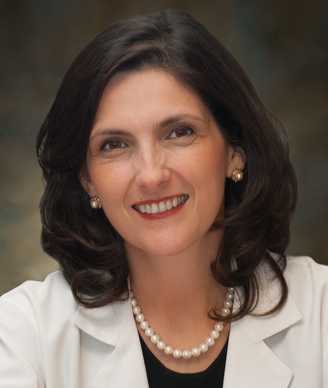Is Breast Cancer Chemoprevention Dead?
In this interview we discuss chemoprevention in breast cancer, including investigational agents and the use of herbal supplements.
Banu Arun, MD

Banu Arun, MD, is a professor in the department of breast medical oncology at the University of Texas MD Anderson Cancer Center in Houston. She declared that “chemoprevention is not dead” at the 33rd Annual Miami Breast Cancer Conference, held March 10–13 in Miami Beach, Florida.
Cancer Network: In what settings does chemoprevention show the most promise-primary or secondary prevention?
Dr. Arun: Chemoprevention is beneficial in both, primary and secondary prevention. One study, but not all, showed greater benefit for patients with precursor lesions.
Cancer Network: Tamoxifen and raloxifene are the only drugs approved so far by the US Food and Drug Administration for reducing breast cancer risk. How do outcomes for these two drugs compare?
Dr. Arun: None of these agents have shown to have a survival benefit.
Cancer Network: What investigational chemopreventive agents are showing particular promise in breast cancer?
Dr. Arun: Based on preliminary studies, an adjuvant metformin study is ongoing. Results of this study will help us determine whether this agent should move forward, in a large prevention study in high-risk women.
Cancer Network: What roles do biomarkers and gene panels play in primary breast cancer prevention? Secondary prevention?
Dr. Arun: Currently, we have no data related to biomarkers and gene panels in primary and secondary prevention. However, this is being looked at in current studies.
Cancer Network: There have been several clinical trials but few meta-analyses of breast cancer chemoprevention. Why is that?
Dr. Arun: Eligibility is different for studies-hence, it is very difficult to do a meta-analysis.
Cancer Network: There have been repeated reports suggesting widespread self-“prescribing” of herbal supplements as secondary chemopreventive strategies by patients. What are your thoughts about that?
Dr. Arun: Good question. Certain herbal agents have been studied and showed promising results in the preclinical setting and also in phase I studies looking at either biomarker changes or changes in precancerous lesions-for example, curcumin. Future prospective trials are needed to establish the benefit and safety of these agents.